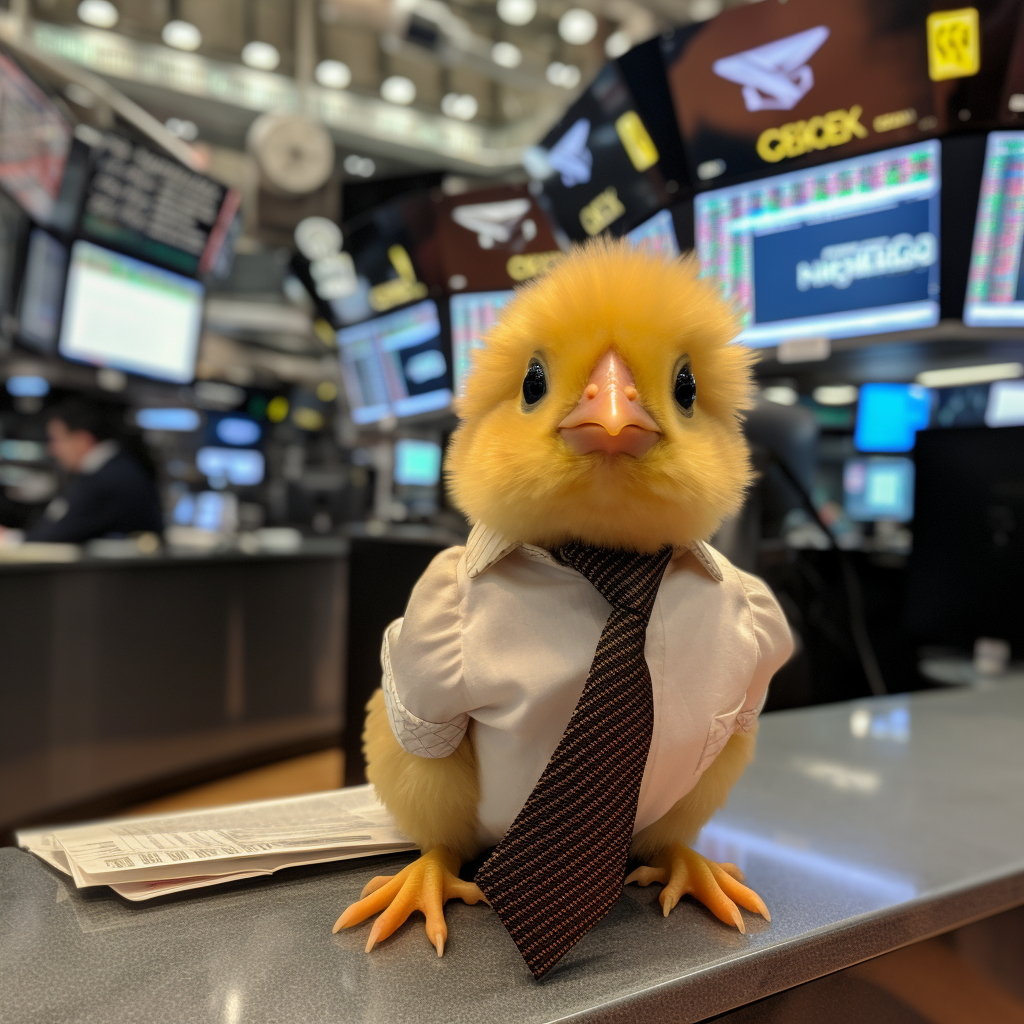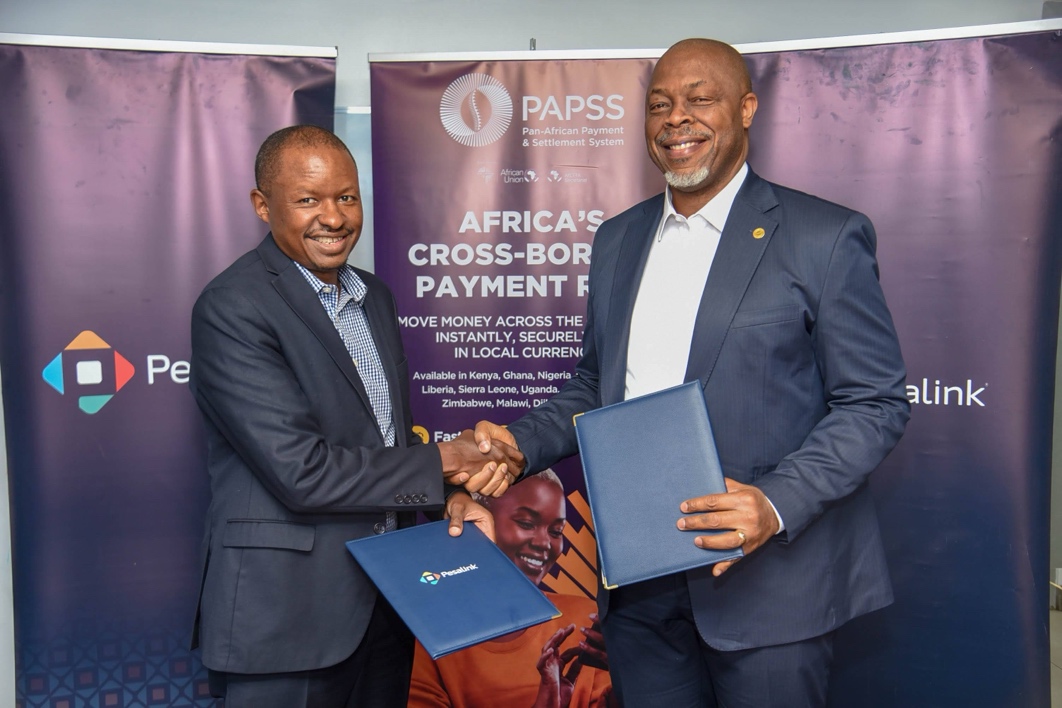
First published 14 January, 2024
African stock exchanges, big or small, have the opportunity to build a robust equity capital market ecosystem. That should take priority over asking tech giants to IPO locally.
Last week’s Next Wave asked whether Nigerian tech startups should consider listing on the stock exchange if a planned tech board within the country’s stock exchange goes live. TechCabal’s Ganiu Oloruntade followed that essay up with an exclusive where the CEO of the Nigerian stock exchange disclosed that the exchange is in talks with startups who he hopes will go ahead to list on the tech board this year. I think that’s incredibly optimistic, which is not a bad thing, but other than a listing from an older tech group like Interswitch whose London IPO plans have been pushed back repeatedly for several years, I struggle to see who else could conceivably want to go public in Nigeria.
I also struggle to see the same enthusiasm for local listings by startups anywhere else on the continent. Several of the most well-funded and more mature companies in any of the big four recipients of venture capital in Africa are only just recovering from the hangover of last year’s brutal operating environment. A few may unfortunately not survive it. And the more mature companies in smaller markets, like Wave whose key markets are Senegal and Cote d’Ivoire, are simply too big1 , for the regional Bourse Régionale des Valeurs Mobilières (BRVM). That leaves the younger early-stage startups that have barely begun to generate revenue as improbable candidates.
Think about it for a moment. What African tech startup would you be excited to buy shares in if it decides to list publicly on any African stock exchange this year?
The way I see it, focusing on getting the current crop of startups to list in any of the continent’s stock exchanges is a strategic misstep. It is not necessarily bad, but it is a step too early for a continent where an ungodly bulk of the capital financing that helps these startups get started is still foreign and flighty. Lightening public listing rules by creating a junior public market (like Nigeria’s tech board) for startups can be a mixed bag in terms especially if the goal is to simply get them to list, according to this 2019 paper in the Journal of Innovation Economics and Management.
Africa’s software companies of today are still pretty much strangers to the institutional capital establishment on the continent. A campaign to get startups to list might help stock exchanges get additional revenue, but it will do precious little to close the gap between local institutional finance and software ventures in Africa. Instead of focusing on creating a pipeline of tech company IPOs by simply creating a tech board, stock exchanges could achieve the same goals by working to connect local institutional capital with startups by building a more robust equity capital market ecosystem.
An alternative approach
Equity capital markets is a catch-all term for the financial space where companies raise capital from share sales privately and publicly. For the purpose of this conversation, let us imagine a new hybrid equity capital market that includes debt capital.
In this imaginary scenario, stock exchanges that wish to see more software companies listed on their trading boards will play an active role in helping coordinate the broader market for capital raising. Specifically, they will help companies and institutional investors build a robust private placement market where companies can raise capital by directly selling to local accredited investors, with the exchange as a mediator and due diligence partner.
To put this another way, I believe that the road to publicly listed tech companies will be built on top of a robust private placement market that affords institutional fund managers in key African economies the opportunity to own part of nationally (or even globally) relevant software companies that are created in Africa. This is an arena where tech policymakers in the big economies which attract the most venture capital can focus on gaining even more strategic advantage. I hope someone from CORBEH, the digital sandbox of the EGX is reading this. It’s a no-brainer. And if they are too slow, it is also a sound strategy for tech-hub wannabe countries who have small economies but lofty financial centre dreams. Hello Rwanda, Mauritius, Namibia?
The paper I mentioned earlier demonstrates that a compromise can be worked out where junior stock exchange boards are constructed on top of a busy private placement environment.
Nothing can replace the trust of local institutional capital
When Egypt’s Fawry offered retail investors 5% of shares in 2019, it got oversubscribed, i.e. it received 30 times more applications for shares than it had offered. When Kenya’s government sold part of its stake in Safaricom on the Nairobi Stock Exchange in 2008, the 896,213 new brokerage accounts opened by retail investors more than doubled the number of individual investors registered at the stock exchange up to that point. The retail offering of the IPO was oversubscribed by 4.64 times. When MTN Nigeria offered some 3.2% of its shares in 2021, it hoped to attract 2 million retail investors. But only 126,720 retail investors were enough to buy up the 575 million shares on offer which were oversubscribed by 1.39 times.
Two things are common with these three IPO examples. The first is that these companies were definitive listings in their respective markets when they happened. Fawry’s IPO helped the Egyptian Stock Exchange break a dry spell, Safaricom’s IPO was hotly anticipated on the back of its growing subscriber base and the wildly successful M-Pesa product, and MTN’s primary share offering in Nigeria in 2021 rode the wave of a successful public campaign to get everyday Nigerians excited about owning a portion of the country’s largest telecoms firm.
The second feature all three IPOs share is the trust of local institutional investors and financial bodies. While retail investors where ethusiastic about the IPOs mentioned, institutional investors were the anchors of those floats. Retail investors in all of the examples given took up a larger chunk of the available shares.
One nice PR message is saying something like, “We want to democratise share ownership,” when a company pitches its shares during an IPO or any type of fundraising for that matter. But the reality is that companies do not really like it when the greater part of their shares are owned by a disembodied mass of retail investors. This is why the fund management business is one of the biggest businesses in the world today. It is why the likes of Blackrock and Vanguard exist. Capital markets function a bit better and are more stable when shareholding has a balanced mix of shareholding groups that buy in bulk and smaller investors that trade smaller chunks. And institutional fund managers like pension funds, hedge funds and mutual funds help to organise retail investors in this way.
As it stands today, Africa’s institutional fund managers live in a completely different world from startups. They are yet to understand the beast that is software-mostly companies, and they will not magically understand the software class of companies simply because a stock exchange makes it easy for tech startups to list publicly. Twitter conversations and LinkedIn comments of a few respected public market analysts I follow show the stark disconnect between how these two groups think.
There are a lot of reasons why tech startups and their venture investor backers do not build or invest in companies with a plan to exit via a local IPO event, but any resolution that does not involve helping local institutional funds and startups to learn and speak each other’s language will struggle. And the middle of an IPO is not the place to start.
Partner Content:
Read: Dr. Ikpeme Neto, Wellahealth Founder wins the fifth edition of Africa’s Business Heroes prize
Read all about it here.
While I’ll admit that the composition of people I follow on social media is a poor statistical sample, I would love to see an exchange that can help these groups find synergies in private sales deals. The way I see it, that is the best way to position the exchange you lead for an eventual public listing when the conditions are right. If you’re a startup founder reading this or a senior executive, is there any stock exchange in Africa that offers this type of high-touch concierge service today?
It would be nice to be able to chronicle the comings and goings of everyone’s startup favourites when they are listed. But I strongly doubt we will have this luxury in the near future if the wide space between local institutional capital and tech ventures is not bridged in private capital transactions. That should be the priority.
<1. Although the Bourse Régionale des Valeurs Mobilières (BRVM) has a market capitalisation of $12.86 billion, it has a yearly turnover that is less than and the larget IPO on the BRVM was the 2023 government sale of roughly 10% of its stake in Orange Telecom which raised $233 million. Privately sponsored listing have been less lucrative.↩
Abraham Augustine,
Senior Reporter, TechCabal.
Feel free to email abraham[at]bigcabal.com, with your thoughts about this edition of NextWave. Or just click reply to share your thoughts and feedback.
We’d love to hear from you
Psst! Down here!
Thanks for reading today’s Next Wave. Please share. Or subscribe if someone shared it to you here for free to get fresh perspectives on the progress of digital innovation in Africa every Sunday.
As always feel free to email a reply or response to this essay. I enjoy reading those emails a lot.
TC Daily newsletter is out daily (Mon – Fri) brief of all the technology and business stories you need to know. Get it in your inbox each weekday at 7 AM (WAT).
Follow TechCabal on Twitter, Instagram, Facebook, and LinkedIn to stay engaged in our real-time conversations on tech and innovation in Africa.



























